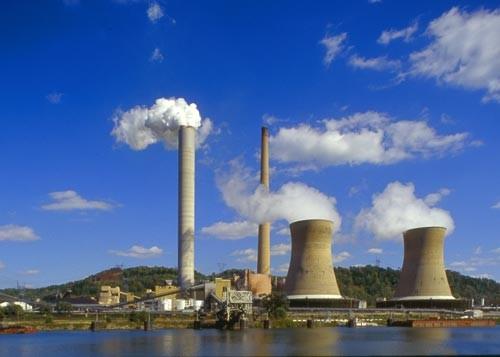 If a person were to skim through your standard, run-of-the mill oil and gas lease, that person would probably come to the conclusion that the lease was intended for the production of oil and gas. He or she would not jump to the conclusion that there was anything else allowed by the lease.
If a person were to skim through your standard, run-of-the mill oil and gas lease, that person would probably come to the conclusion that the lease was intended for the production of oil and gas. He or she would not jump to the conclusion that there was anything else allowed by the lease.
That person couldn’t be any more wrong.
It’s not that there aren’t leases out there that limit themselves to only oil and gas production; there are some. However, the majority of oil and gas leases also provide for a number of other things the company can do with the property besides produce oil and gas.
We’ve written about storage wells in the past, and you can read up about them here. Most leases include provisions which allow the company to use the property for storage.
Very similar to storage wells are disposal and injection wells. Like storage wells, they are usually in formations that have been fully produced, or in other words, all the gas has already been sucked out of them. The company will then truck in waste water and inject it into the formation. They can put from a few thousand to tens of thousands of gallons of water per day into one of these wells. Continuing the similarity to storage wells, the royalty that you’ll be paid (if any) on a disposal or injection well is tiny. The end result is that what you thought was a lease for oil and gas production and good royalties becomes a lease that doesn’t pay you much at all. Most leases include provisions which allow the company to use the property for disposal or injection.
Pipeline easements are also often part of an oil and gas lease. All leases allow for some pipelines, of course. In order to produce gas from the property you have to be able to run a pipeline from the well to the gathering system. We’re not talking about that kind of pipeline, though. We’re talking about a pipeline run across the property that is transporting gas from someone else’s property to a gathering system, or even an interstate pipeline. This kind of pipeline is not going to benefit your property or you in any way. And yet, there it is in your lease. The company can run a pipeline across your property and if it does, it’s using the lease for one of the purposes specified in the lease, and so the lease can be kept alive without benefiting you in any way.
So once again the moral of the story is to read your lease very carefully.
We also hope that you’ll seek out competent counsel. If you do, give us a call at 304-473-1403 and one of our well-trained and extremely competent staff will help you out. We can explain what your lease does in plain English, and negotiate for better terms.

